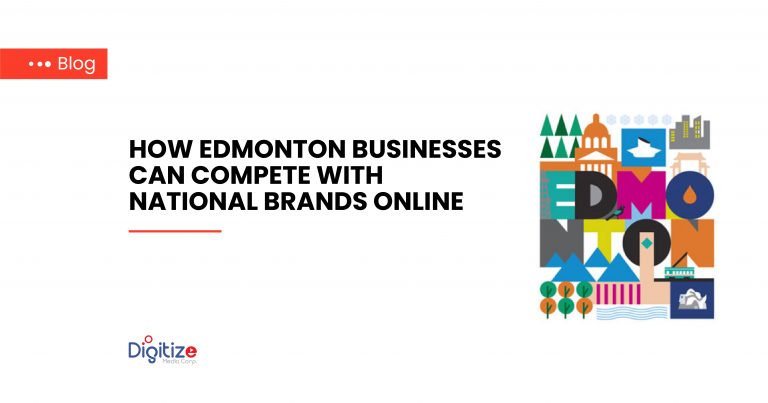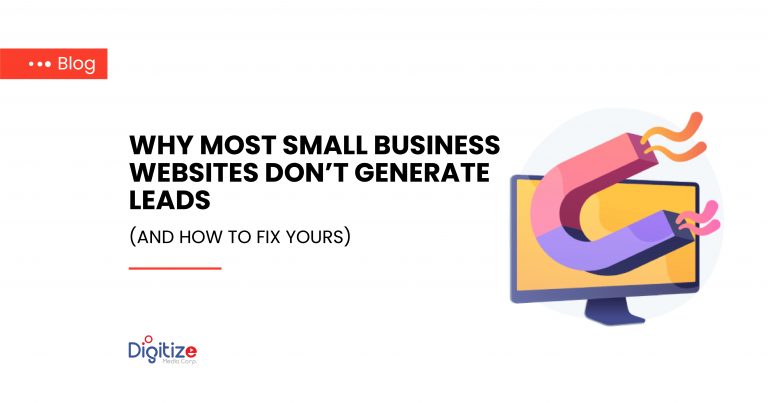The Scientific Research and Experimental Development (SR&ED) program is Canada’s primary tax credit for businesses engaged in research and development. Through this program, the Canadian federal government encourages R&D projects by offering annual tax incentives exceeding $3.5 billion to over 20,000 claimants.
While the Scientific Research and Experimental Development (SR&ED) tax credit offers substantial benefits for many Canadian businesses, a common question is: “How will SR&ED affect my company’s taxes?” This article will provide a broad overview of what your organization can expect.
For a deeper understanding of the basics of the program, check out our article, What is SR&ED? Research and Development Funding, for a general introduction.
How Is the Scientific Research and Experimental Development (SR&ED) Tax Credit Applied to Taxes?
As many business owners are aware, taxes play a crucial role in shaping a company’s financial strategy. However, the impact of government funding, such as the Scientific Research and Experimental Development (SR&ED) tax credit, on taxes is often less clear.
Like most government assistance programs, grants and investment tax credits (ITCs) must be reported as income. What’s not always straightforward is how a business can benefit from the SR&ED tax credit—whether through a cash refund, a reduction in taxes payable, or a combination of both. The outcome depends on several factors, including the legal structure of the business, its size, the province where the SR&ED activities are conducted, and whether the business is earning taxable income or combining SR&ED with other funding programs like the Industrial Research Assistance Program (IRAP).
Business income encompasses earnings from a profession, trade, manufacturing, or any activity carried out for profit, as long as there is evidence supporting that intention.
The tax position of the legal entity conducting SR&ED activities ultimately determines how the tax credit is applied. For instance, if you are a startup without taxable income, you’re not paying taxes, but the SR&ED ITCs may be fully refundable in cash if your company qualifies as a Canadian-Controlled Private Corporation (CCPC). In this case, while the ITCs must be reported as income, no immediate taxes would be owed, although they would reduce any losses that could be carried forward.
On the other hand, if you are a large or public corporation in Canada with substantial profits, and therefore paying corporate income taxes, the SR&ED ITCs can be used to reduce your tax liability. This would result in an immediate benefit by lowering the taxes you owe.
Additionally, if your business does not owe corporate taxes and is not eligible for the refundable ITCs that smaller CCPCs receive, the credits can be carried forward to future years. Companies that have paid taxes in the past three years can also apply the credits retroactively to reduce taxes paid during those years, if they cannot use them in the current fiscal year.
Is the Province Where My Business is Based Important?
It’s also important to recognize that the province or territory where your business operates can have an impact on the benefits you receive. While the SR&ED program is federal, many provinces offer their own variations, such as Alberta’s Innovation Employment Grant (IEG) or Ontario’s multiple SR&ED options, including the Ontario Innovation Tax Credit (OITC).
For more information on SR&ED and the various provincial programs available to Canadian businesses, visit our detailed Scientific Research and Experimental Development (SR&ED) program page.
In summary, the effect of SR&ED on your company’s tax position depends on several factors, including:
- What is your company’s tax status?
- How large is your organization?
- Which province is your business located in?
Explore Tax Credits and Government Funding with Digitize Media Corp.
Navigating the landscape of tax credits and government funding programs can be challenging and constantly evolving. Our team of tax experts and government funding specialists assists Canadian businesses in accessing funding opportunities to support research and development, hire and train employees, and expand their operations. Contact us today (780) 446-4543 to discover the opportunities available for your business.








